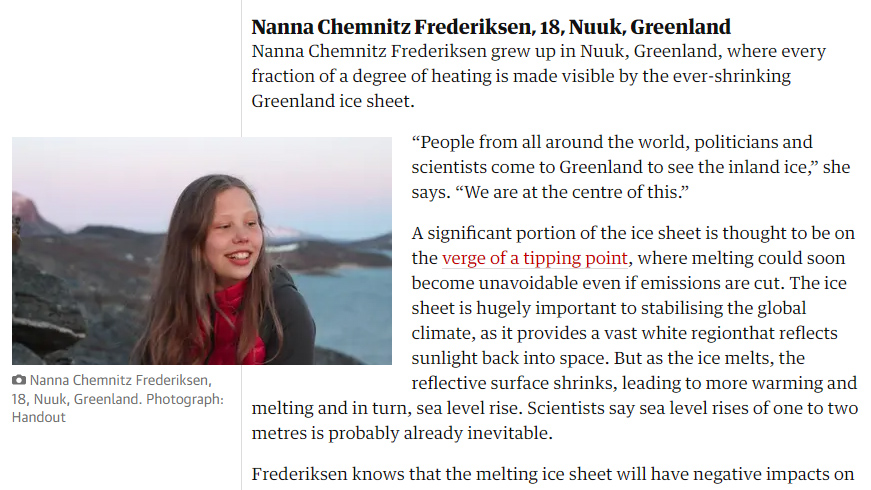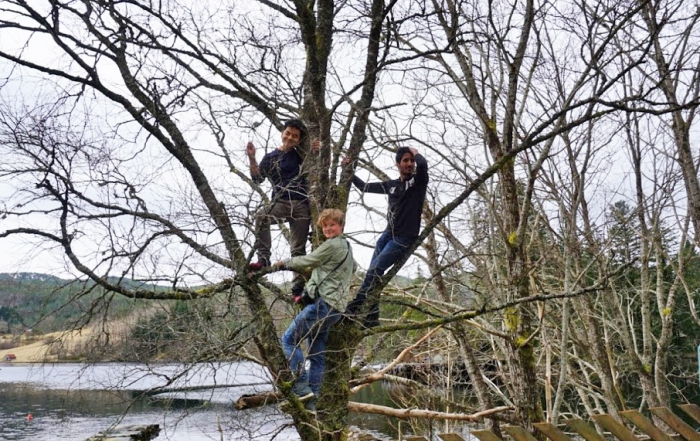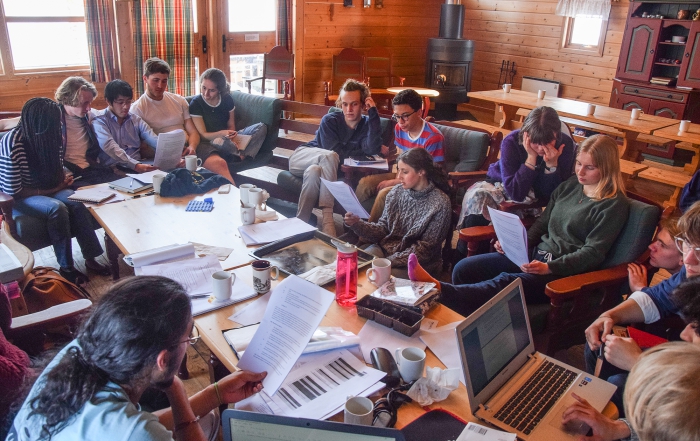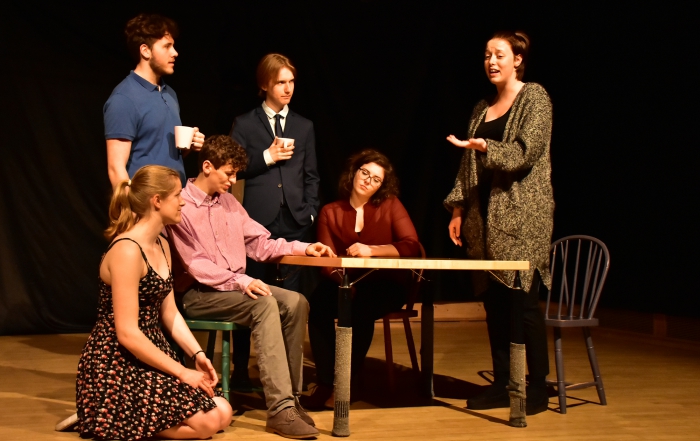“People from all around the world, politicians and scientists come to Greenland to see the inland ice,” she says. “We are at the centre of this.”
A significant portion of the ice sheet is thought to be on the verge of a tipping point, where melting could soon become unavoidable even if emissions are cut. The ice sheet is hugely important to stabilizing the global climate, as it provides a vast white region that reflects sunlight back into space. But as the ice melts, the reflective surface shrinks, leading to more warming and melting and in turn, sea level rise. Scientists say sea level rises of one to two metres is probably already inevitable.
Frederiksen knows that the melting ice sheet will have negative impacts on communities across Greenland, especially in northern settlements such as Qaanaaq where permafrost melting is destabilizing homes and roads and impacting how fishers and hunters operate.
But her real concern lies on the impact it will have globally. “I am not so scared of what the effects of the melting of ice in Greenland will be,” Frederiksen says, “It scares me what effect it can have for the rest of the world.”
Latest News
Marking Earth Day 2018
Judit, Børje Møstre and Jelena To mark Earth Day this year, we have had a special focus on plastic pollution. The day started with a lecture by Børje Møstre about In The Same [...]
Student Council Transition
Continuing with tradition, this year's newly elected Student Council (SC) went away with the outgoing SC to a Langeland cabin this past weekend. The weekend included both team building activities, and the transfer of procedural [...]
Things I Know To Be True
Members of the RCN Theatre EAC group presented 'Things I Know To Be True' on Saturday night in the Høegh. The story of an Australian family, the Prices, the theatre company Frantic Assembly's interpretation of [...]




